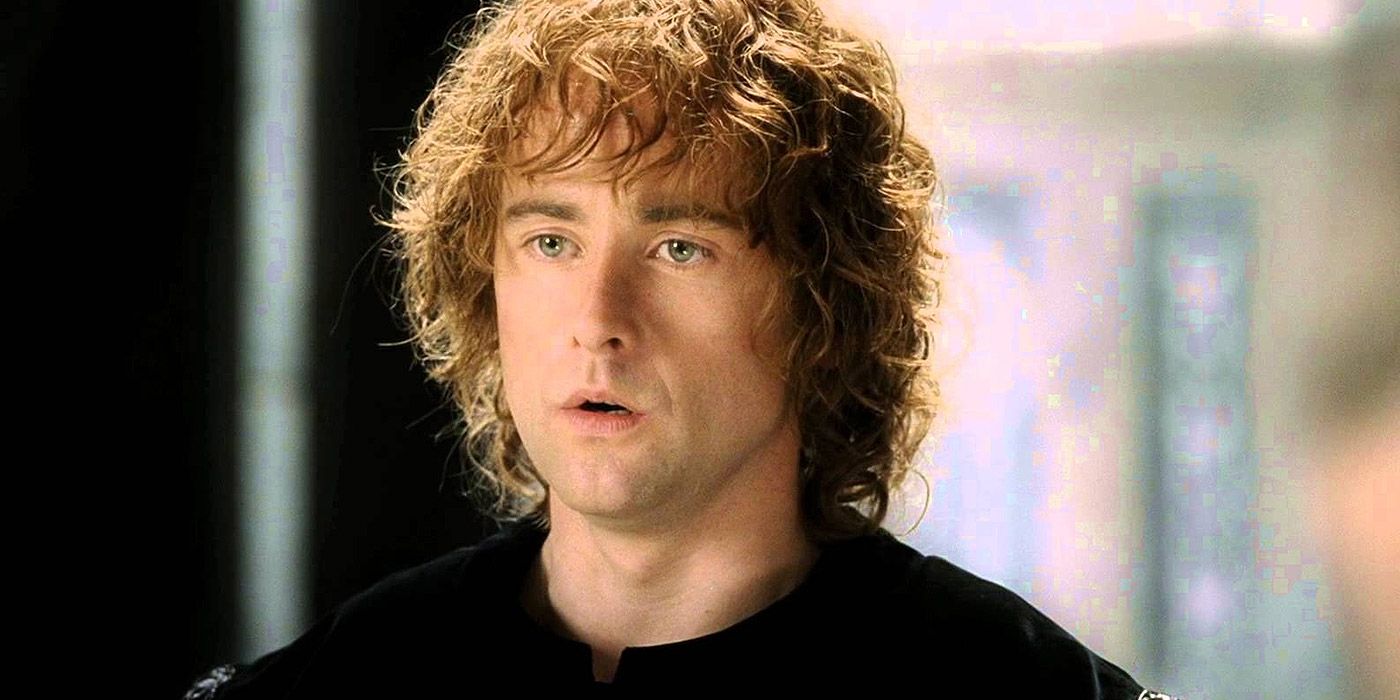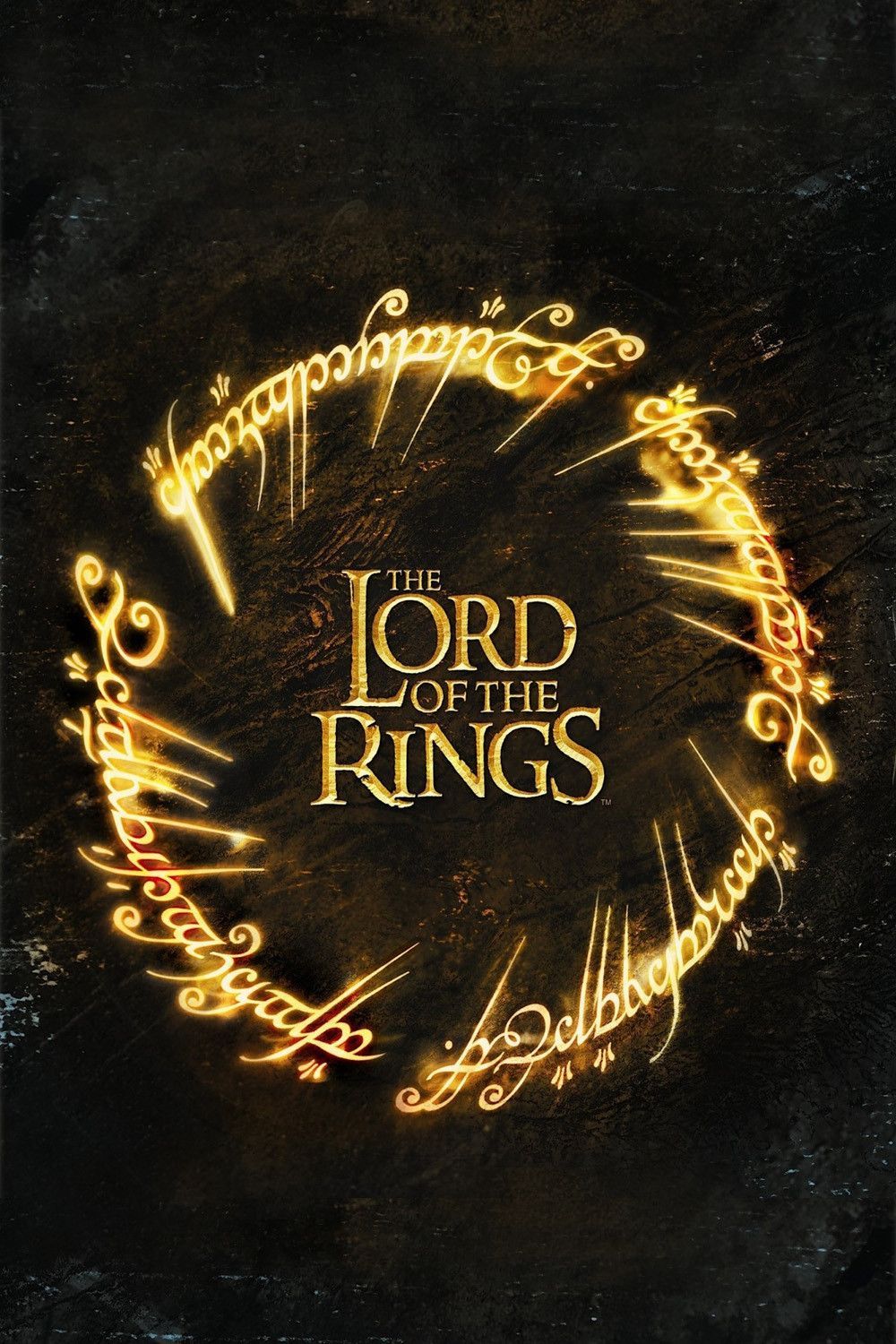The Lord Of The Rings Trilogy Did An Injustice To Denethor & Pippin With A Major Book Change

The Denethor of J.R.R. Tolkien’s The Lord of the Rings novel was very different from the one in Peter Jackson’s movies, and Jackson’s changes sold both Denethor and Pippin short. Peter Jackson’s The Lord of the Rings trilogy portrayed Denethor as an abusive father to Faramir, scalding in his words, tone of voice, and facial expressions. The emotional and verbal abuse he aimed at Faramir was accompanied by a downward spiral that culminated in one of fantasy’s most chilling deaths. Denethor descended into despair, madness, and cowardice.
In Jackson’s The Lord of the Rings: The Return of the King movie, Pippin swore allegiance to Denethor after the reveal of Boromir’s death. As Denethor’s preferred son, Boromir gave his life for the Hobbits, and Pippin’s oath was made to look like a good-willing but naive kind of repayment. Gandalf seemed annoyed, backing up the view of Pippin as kindhearted but lacking in common sense. Denethor’s increasing madness consolidated Pippin’s oath as a waste of life for a character deserving better. But the book told a different story.
Pippin Serving Denethor Made More Sense In The Book, As Denethor Was Honorable
Pippin’s Allegiance To Denethor Showed His Good Judgment In the Book
In The Lord of the Rings novel, Denethor was an honorable man, and Pippin’s shock oath to serve him was a surprising and powerful expression of Pippin’s good judgment of character. Pippin’s uncanny insight into Denethor’s innate kindness saw through his long-suffering and wizened facade. Denethor was an intriguing and complex character. He was certainly flawed and a bad father, but not an outright abusive one. Also, Denethor was a good leader, rather than the grotesque, decadent, corrupt tyrant that he was in Return of the King.
The Lord Of The Rings Trilogy Changing Denethor’s Character Served An Important Purpose
Peter Jackson’s Movies Had Their Own Internal Logic
In making Denethor look worse, The Lord of the Rings movies also made Pippin look worse, but these changes served an important purpose in the trilogy overall. The movies had to condense a lot of source material, and Denethor’s cruelty quickly and easily made Faramir very sympathetic. This was needed because Jackson’s changes had also made Faramir look worse than he was in the book. This, in turn, was done to make Aragorn stand out as a shining example of a human. Jackson’s Denethor was fairly unfaithful, which impacted Pippin, but these characters fit into the trilogy’s internal logic.
Pippin actor Billy Boyd composed and sang “The Edge of Night” himself in
The Return of the King.
Jackson’s Faramir changes also ensured Faramir presented more of an obstacle for Frodo, which was a useful plot device, given other changes. It was a shame that Tolkien’s Denethor and Pippin didn’t come through, but Jackson’s changes resulted in one of the best scenes ever made in fantasy. Pippin’s beautiful song was contrasted with Denethor’s revolting solo dinner as the camera cut to Faramir’s suicidal charge to defend Osgiliath. The utter waste of war was laid bare by this shocking incongruity, expressing one of The Lord of the Rings’ key messages, and confirming that Jackson had faithfulness in mind overall.
World News || Latest News || U.S. News
Source link




